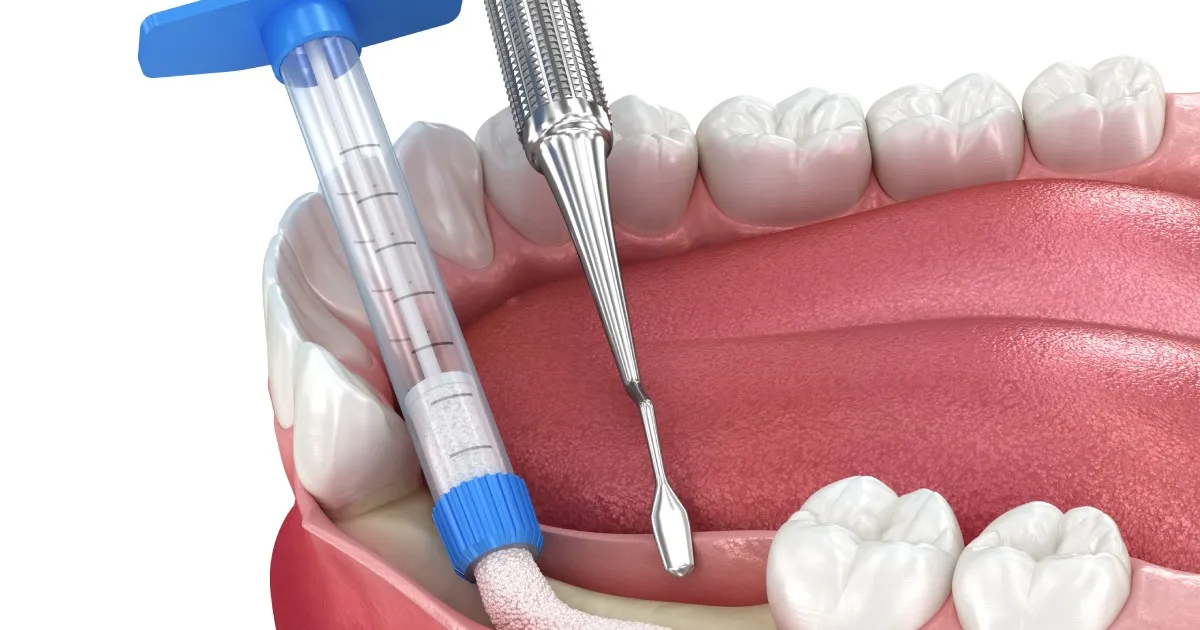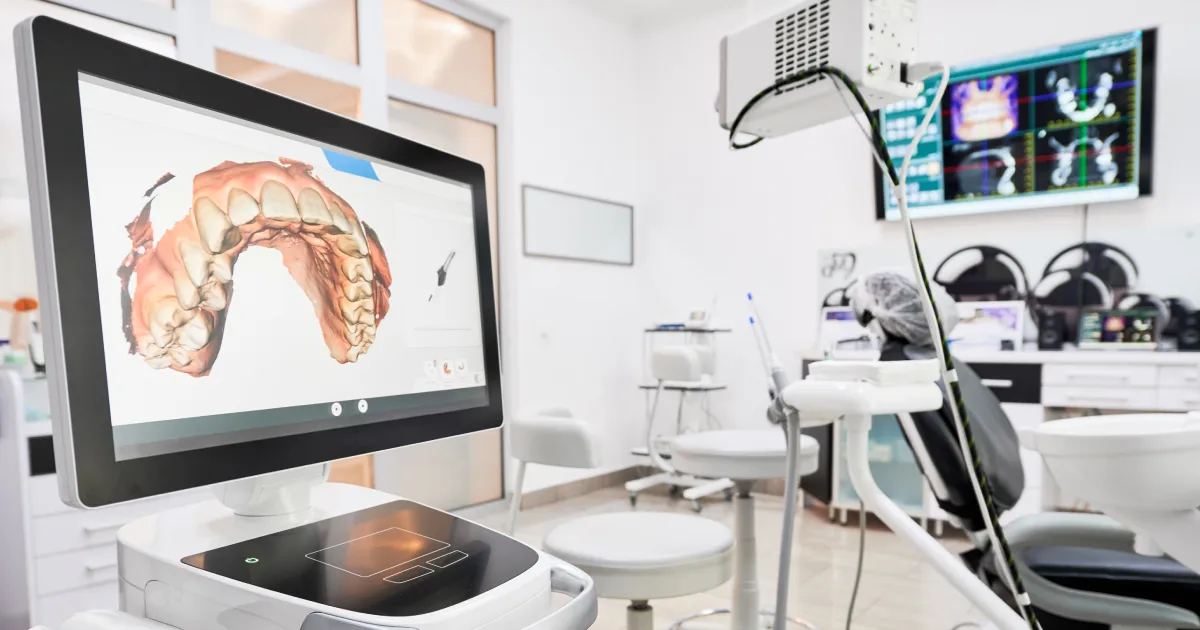Table of Contents
Struggling with an impacted wisdom tooth that flares up at the worst moments? Are you fed up with quick fixes that dull the ache but never solve the root issue? If you’re searching for a way to extract the problem with minimal pain and risk—and you’re overwhelmed by conflicting advice—you’re in the right place.
This guide walks you through dental surgery for wisdom teeth, clarifies comfort levels, and shows how residents considering wisdom teeth removal in Summerville, SC, can confidently move forward.
The Simple Science of Wisdom Teeth Removal
Wisdom teeth appear in your late teens or early twenties, often without much warning. For some, they come in just fine. But for many, there isn’t enough room in the jaw to accommodate these extra molars, which can lead to pain, shifting teeth, or infection. That’s when removal becomes more than just a precaution—it’s a way to prevent future problems before they start.
The procedure itself is less dramatic than it sounds. Depending on how the teeth are positioned, your dentist or oral surgeon will decide whether the removal is simple or requires a more involved surgical approach. For impacted or partially erupted teeth, a small incision is made in the gum to access the tooth, and sometimes the tooth is gently sectioned into smaller pieces to make removal easier. It sounds intense, but with the right anesthesia—whether local numbing or deeper sedation—you won’t feel a thing during the process.
The goal is always to remove the tooth with as little trauma to the surrounding area as possible. While the procedure itself is fairly quick, the long-term payoff is even better—relief from ongoing discomfort and fewer chances of oral health complications down the road.
Benefits of Wisdom Teeth Removal
Leaving problematic wisdom teeth in place might seem easier in the short term, but the long-term consequences can be more painful and costly. Choosing removal can significantly improve your oral health and day-to-day comfort.
One of the most immediate benefits is wisdom teeth pain relief. Removal offers lasting relief if you’ve been dealing with pressure, gum tenderness, or headaches caused by erupting or impacted molars. You also reduce the risk of decay in neighboring teeth, which often happens when wisdom teeth crowd your mouth and make proper brushing nearly impossible.
Beyond that, the procedure helps prevent:
- Gum infections caused by food and bacteria trapped around partially erupted molars
- Cysts or damage to nearby tooth roots
- Unwanted shifting in your bite, especially after orthodontic work
- Chronic inflammation that can affect your jaw and surrounding tissues
Ultimately, addressing these issues early on can help preserve your smile’s alignment and avoid more complex dental treatments later.
Is Wisdom Teeth Removal Painful? Separating Fact from Fear
Pain is the top concern for most patients, yet discomfort is highly manageable:
- During Surgery – First, anesthesia is used to put you to sleep so you won’t feel any pain.
- Immediately After – Expect mild to moderate soreness for three to four days. Cold compresses and over-the-counter medication usually keep symptoms under control.
- Complex Cases—If bone is removed or the tooth lies near a nerve, your dentist may temporarily prescribe more potent medication.
- Dry Socket Risk – Following aftercare instructions—no smoking, keep the site clean—slashes the chance of this painful complication.
Most people resume everyday routines within a week; complete bone healing may take several weeks, but it is rarely bothersome.
What to Expect: Timeline and Comfort Guide
Understanding the process can ease a lot of anxiety around wisdom teeth removal. Here’s what you can expect before, during, and after the procedure:
Before the procedure:
- A dental exam and X-rays help evaluate the tooth’s position and potential complications.
- You’ll discuss anesthesia options based on your needs and comfort level.
- Be sure to arrange for someone to drive you home.
On treatment day:
- The area is numbed, or you’ll be fully sedated.
- If the tooth is impacted, a small incision is made, and the tooth may be sectioned for easier removal.
- The site is cleaned, stitched (if necessary), and gauze is applied to control bleeding.
First 24–48 hours after:
- Expect mild swelling, soreness, and light bleeding.
- Use cold compresses and stick to soft foods like soup, mashed potatoes, or yogurt.
- Avoid smoking, spitting, or using straws to prevent dry socket.
After the first week:
- Soreness continues to improve; any non-dissolvable stitches are removed.
- Bone healing continues beneath the surface but typically causes no discomfort.
If you experience sharp pain after day three, ongoing bleeding, or signs of infection, contact your dentist immediately. Most patients recover comfortably within a week and avoid complications with proper care.
Five Clear Signs It’s Time to Consider Wisdom Teeth Removal
1. Persistent jaw pain or swelling: Ongoing soreness behind the last molar may signal impaction or infection.
2. Repeated gum inflammation: Red, tender tissue around a partially erupted wisdom tooth traps bacteria and rarely improves long-term.
3. Cysts or decay on X-ray: Cavities that can’t be filled, or fluid-filled sacs near the tooth root, make early removal safer.
4. Orthodontic crowding risk: If you just finished braces, erupting wisdom teeth can undo hard-earned alignment.
5. Sinus pressure or earaches: The roots of upper wisdom teeth sit close to sinus cavities, and inflammation often radiates upward discomfort.
Ready for Peace of Mind? Book Your Personalized Assessment
A comfortable, well-planned wisdom tooth extraction today prevents larger issues tomorrow, and the caring team at Solomon Family Dentistry has the training and gentle touch to make it happen. Schedule your wisdom teeth consultation and learn about the treatment process and recovery plan that best suits you. Explore our oral surgery for wisdom teeth expertise to see how comprehensive care keeps every visit smooth.
Questions? Call, message, or stop by—our Summerville and Mount Pleasant offices are here to keep your smile healthy for life.





